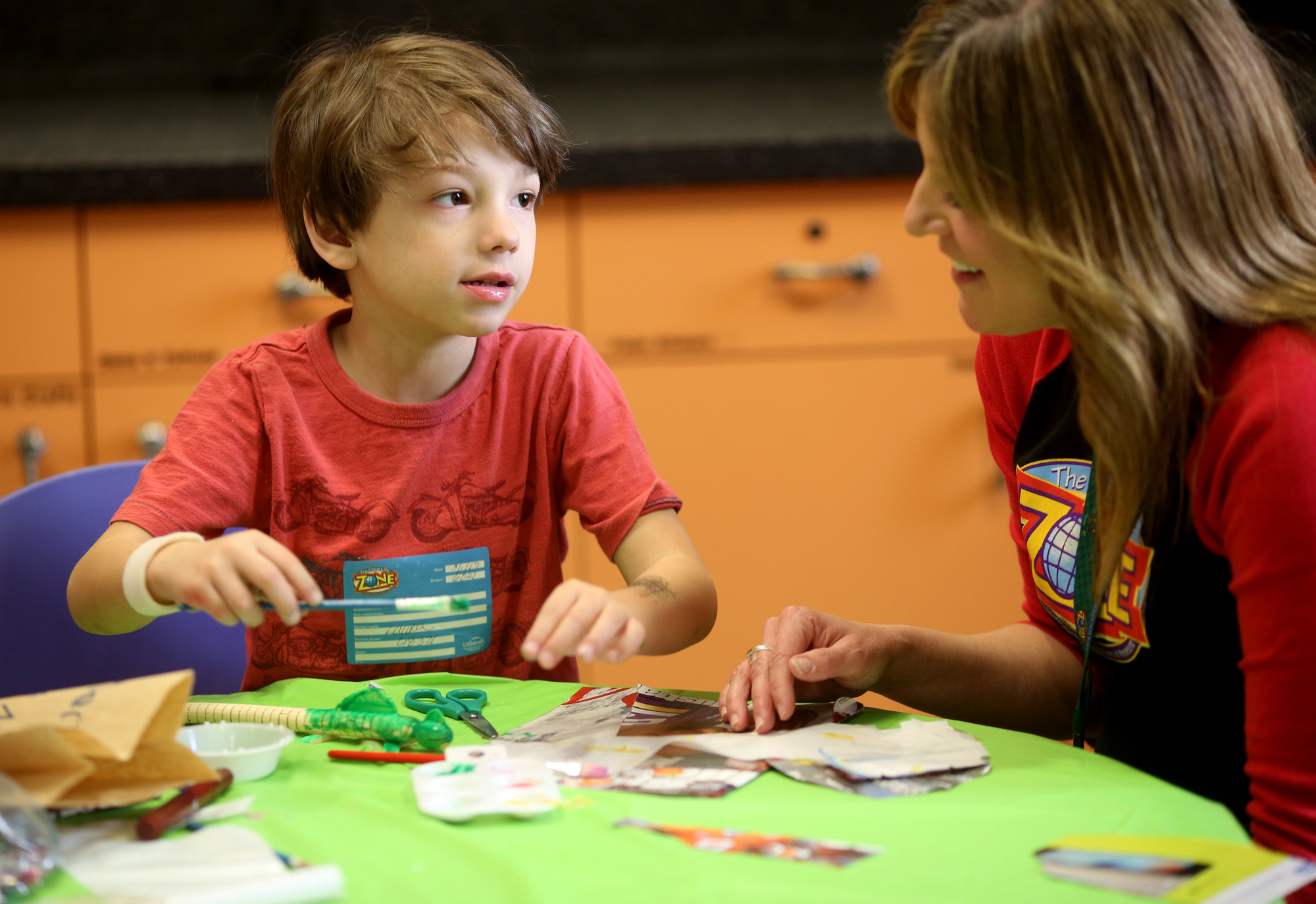The ability to positively adapt and recover from difficult or traumatic situations is called resilience. Children are known to be more resilient than adults, both physically and psychologically. In fact, studies have shown that adults have a higher risk of developing mental or behavioral disorders after just one traumatic event, whereas children can typically encounter multiple traumatic events before experiencing changes in their mental health or in their behavior.
What if adults could maintain resilience or were able to develop resiliency beyond childhood? This article discusses ways you can improve resilience throughout middle or advanced age.
Consider Klotho Protein Therapy
Klotho protein therapy is a new treatment under development that uses injections of klotho protein to treat a wide range of conditions. This protein is the subject of numerous research initiatives for its role in numerous processes throughout the body. According to research, klotho protein may also be able to improve cognitive function and stimulate brain resilience.
Continue to Learn and Expand Your Intellectual Boundaries
Learning and applying what you learn to the world around you allows you to gain a new perspective on the same daily situations. This may mean that you step out of your comfort zone to learn something new. In fact, one study shows that continuing to learn throughout one’s life helps to develop an improved ability to cope with stressful situations.1
Develop and Maintain an Optimistic Mindset
Being optimistic in a difficult situation does not mean that you should ignore or negate the fact that what is happening is sad, traumatic, or frustrating. Instead, being positive in trying times refers more to recognizing the reality of a situation while being confident in your ability to solve problems and find a positive outcome.
Confront Your Fears
In order to overcome fears that may be holding you back, the key is to slowly and constantly expose yourself to these fears. For example, if you have a fear of public speaking, you might start by practicing in front of a few of your friends, or by joining a group. Groups like Toastmasters can provide community and support to people looking to overcome their fear of public speaking and improve their public speaking skills. Acknowledging your emotions and working through them is a clear example of resilience. In the same respect, confronting things that make you feel scared will help you overcome fears or develop the courage to confront your fears instead of hiding from them.
Nurture Your Relationships
A Harvard study that began nearly 80 years ago, designed to track the emotional health and happiness of participants, has recently published results. Researchers leading this initiative have reported that the key to happiness is how satisfied and happy people are in their close relationships, such as relationships with their significant other, family, friends, and community members.2 In this sense, nurturing your close relationships is a very important part of self-care. Furthermore, feeling happy and safe in your relationships allows you to create a community and a support system that is important for positively overcoming difficult times, times when we often feel alone.
Adversity can come in all shapes and sizes. The degree to which difficult situations are confronted will vary from person to person, but there are definitely ways that an individual can improve his or her resilience.



Leave a Reply
You must be logged in to post a comment.